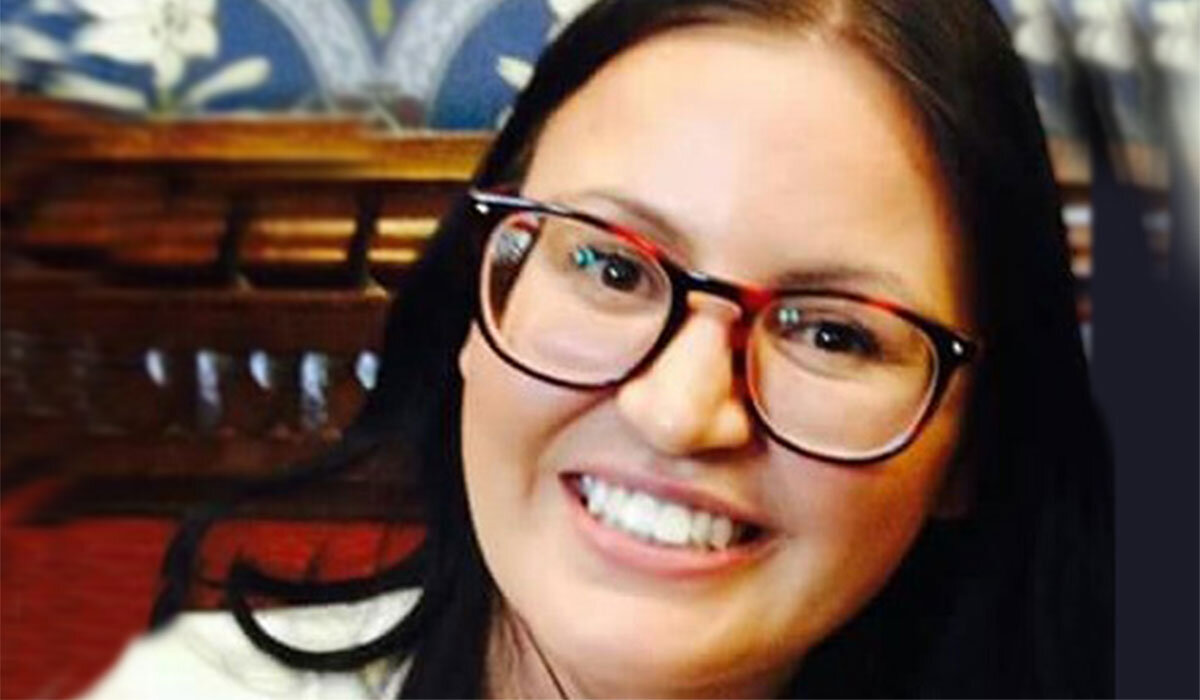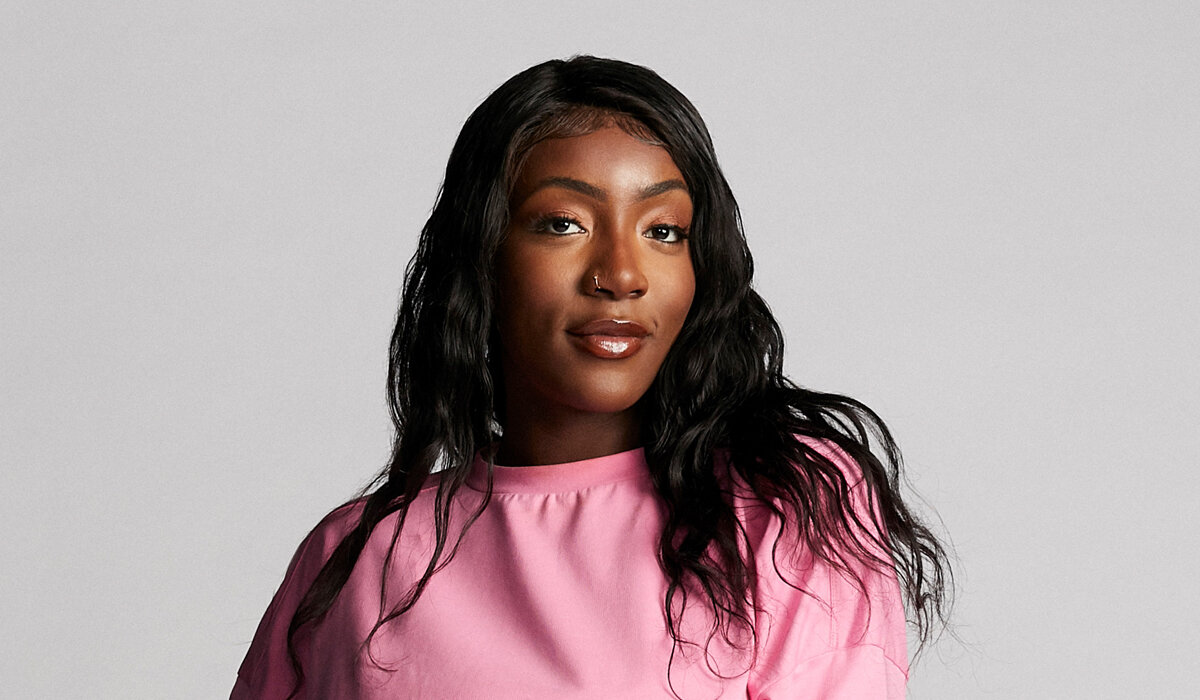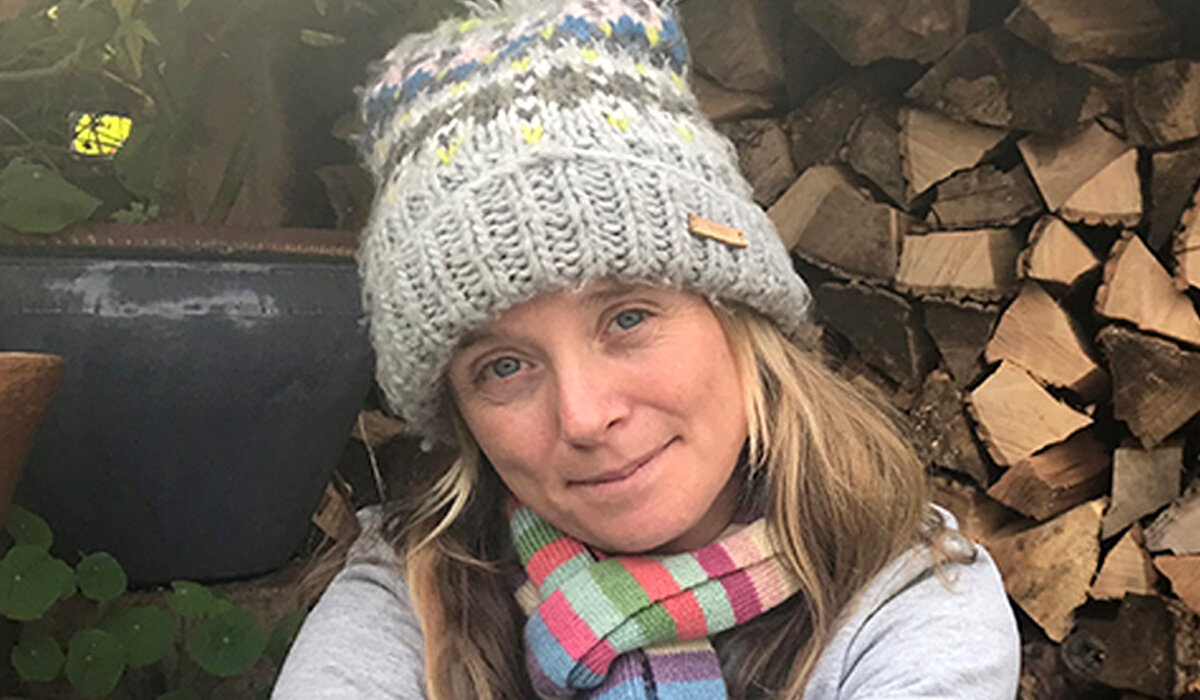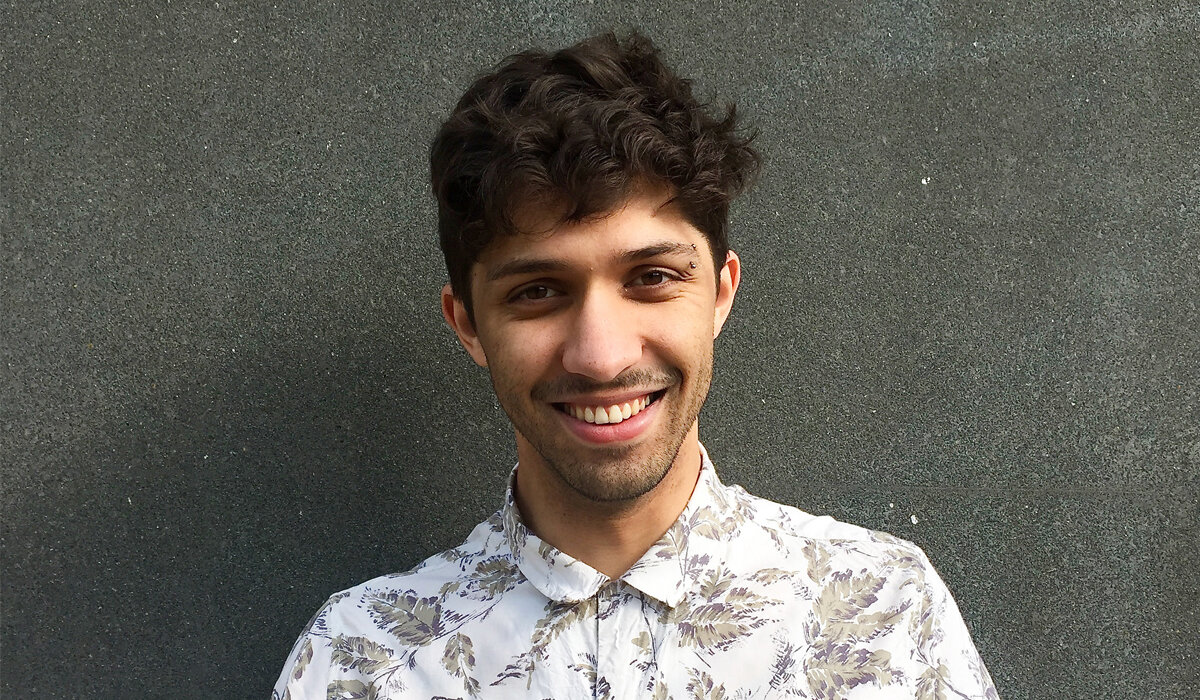
"I know if I'm planning anything that overloads my senses, I have to make sacrifices. I need to be at home alone with the lights off to compensate."
Carly Jones MBE
- on coping with sensory overload
Stories from the Spectrum: Carly Jones
In this Stories from the Spectrum feature, we heard from Carly Jones.
During World Autism Awareness Week 2019, we’re interviewing five autistic people about how they experience the five things autistic people said they wanted the public to know about.
Carly Jones MBE is an autistic woman and campaigner for the rights of autistic women and girls. She shares her story about experiencing sensory overload as an autistic parent to autistic children…
On Sunday evening, in the middle of a service station, I reached my limit. After a full week of work, travelling to London and my daughter’s birthday party, I had to leave my, albeit, grown up children with my parents and remove myself immediately from the people passing by, chitter chatter, blaring lights and contrasting shop music. I retreated to the car. Luckily my dad was the designated driver, so I kept my eyes shut on the way home, just pretending to sleep. Everyone sounded like they were underwater. After the rest of the family went to bed that evening, I turned all the household lights off and slept for ten hours.
Sensory overload is agony. It’s like one hundred people scraping nails down a blackboard.
With so few adult autistic women portrayed in media, sensory overload is often considered something that happens to children. It’s certainly not to be expected from a fully grown women. Being a parent who is autistic also requires a transition from being the live wire to insulating our natural reactions. We don’t want to embarrass our children and are often too busy catering for their sensory needs to even consider our own. As a home educator for my secondary school age child, professional campaigner and leader of local groups for autistic children, I work very hard to schedule my life to make it work for my family.
I feel that masking as a parent is draining, but often necessary. As your children grow up, it becomes easier to have your own identity and quirks accepted by other parents, but when they are small, it’s tough. You can’t roll up to mother and baby coffee mornings wearing sunglasses and not chat or make eye contact. The whole set up is designed for mass communication, sing songs and teaching baby eye contact. Some days the subject matters varied from what fabric conditioner everyone is using or what time their husbands ended work, it was soul destroying. I love being a mum so I’d mask my way through the mother and baby groups for my child’s sake, but I’ll never fathom the small talk, cliques and competing post-natal mothers. The consequences of masking your sensory needs in noisy soft play areas, echoing public swimming pools, and blinking fairground rides is that you have to schedule the rest of your life around them. I know if I am planning anything sensory triggering, I have to make sacrifices. I then need to be alone at home with the lights off to compensate.
"I know if I am planning anything sensory triggering, I have to make sacrifices. I then need to be alone at home with the lights off to compensate."

Two of my three daughters were diagnosed as autistic at six and two years old. After a lifetime of challenges, vulnerability and misunderstanding, I finally understood why I react to things differently. When I was at school, a teacher shouted at me for day dreaming and covering my head with my arms under the bright strip lighting in class. I was 15 but she made me sit with the 11-year-olds as I was “acting like a baby.” I was in so much pain. Autistic women and girls are often better at masking their difficulties or are brought up to be more compliant. The effect of this is that autism is being missed, leaving autistic women vulnerable to physical and emotional abuse. When I was finally diagnosed as autistic, I was 32-years-old.
I sometimes recall the challenges, disbelief and discrimination we faced as a family of autistic females and feel physically sick. I never dreamed there would be whole conferences, shows and news articles just about autistic women. But if I could wave a magic wand when the Government reviews its autism strategy this year, autistic women and girls would have legislative plans for autistic specific sex education, safeguarding, access to smear tests, healthcare and criminal justice understandings. We may confuse control as care, or have less body boundaries due to different care needs. I was invited to speak the United Nations Social Forum on the theme of disabilities, gender quality and education and shared models of the good changes I have seen develop in the UK since I started campaigning for autistic people, highlighting why autistic women and girls must not be left behind in any process nationally or internationally ever again.
When I received my MBE for services to autistic people in 2018, it was without a doubt the very best day of my life. I want autistic girls know they are limitless, persistence pays off and more importantly that we can push harder, go further and help more people than ever. There is a phrase that says “I didn’t get this far to get this far.“ We’re seeing a new start to awareness and equality for autistic people, not the end.
Women and Girls online training module
Want to find out more about autism in women and girls? Access our online module to learn more.
Similar stories

"I wanted to be very open about my diagnosis, as it is nothing to be ashamed of."
Emma Finch
- on starring in MTV's 'Teen Mom UK' and representing autistic mothers
Read more

"Don't feel like you have to hide your autism from your children. That way they know what's going on and they don't worry about it."
Purple Ella
- on parenting and discussing autism with her children
Read more

"I am more than capable of pushing back the noise from a busy crowd, but inevitably, one voice, cough, or laugh breaks through, invading my thoughts and ruining my day."
James Sinclair
- on coping with sensory overload when out and about
Read more

The Spectrum magazine
Explore one of the UK's largest collections of autistic art, poetry, and prose. The Spectrum magazine is created by and for autistic people, and is available both online and in print.
Read the Spectrum





You are not alone
Join the community
Our online community is a place for autistic people and their families to meet like-minded people and share their experiences.
Join today